It's National Puppy Day! Here's What You Need To Know About Those Oh-So-Cute Canines
Americans no doubt have a love affair with puppies. For proof, all you need to do is look at social media, where photos and videos of young dogs abound. And why not? They’re adorable.
The Puppy Bowl has been televised annually on Super Bowl Sunday for years. And one bride even coordinated with a rescue group in Iowa to have adoptable puppies at her wedding instead of flowers.
This dog-loving bride had rescue puppies instead of flowers at her wedding 🐶 pic.twitter.com/jP9CsibNoa
— NowThis (@nowthisnews) March 23, 2019
So on or around National Puppy Day, March 23, many people will bring young dogs into their households. And whether adopting puppies from shelters and rescue groups or buying puppies from breeders, it’s vital to know (or learn) how to establish a good relationship with your new best friend. So we turned to some dog experts for advice.
Brian Hare
Brian Hare, associate professor of evolutionary anthropology at Duke University and author of The Genius of Dogs, recommends going to a local shelter if you’re looking for a puppy.
“Talk to the shelter staff, since they know the dogs best,” Hare said in an email message. “Be honest about your home circumstances. How much time do you have to exercise your puppy? Do you have children? Do you live in a house or apartment?”
All of these factors will affect the kind of dog that will be best for you.
“If you do not get your puppy from a shelter,” he said, “make sure you meet both the parents.” That way you’ll have a fuller picture of what traits might have been passed on to your puppy.
A puppy is a big commitment and will demand your time, Hare added.
“It really is like having a baby,” he said. “When they are young, they can wake up three times a night, needing to go to the bathroom. They can wake up at 5 a.m., wanting to play. They can pee as often as once every 20 minutes. You have to puppy-proof your house. They need to be trained, socialized, taken to the vet. You have to watch them like a hawk because they literally put everything in their mouths!”
The effort is repaid by the joy that comes from spending time together.
“They are so mindful,” Hare said. “Being with a puppy is a lesson in living absolutely and completely in the moment.”
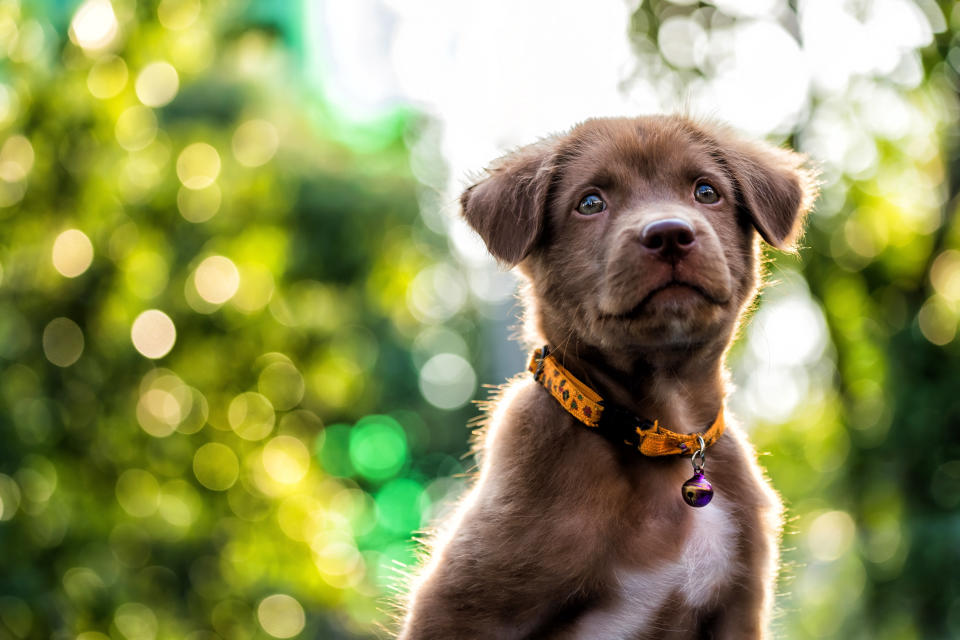
Patricia McConnell
Patricia McConnell, zoologist, animal behaviorist and author of The Other End of the Leash, said in a phone interview that it’s important to remember that puppies are babies who have a lot to learn and need time to learn it.
“When you get a puppy, you’re like, ‘I have to teach them everything,’” McConnell said. “If you know how to do it, it’s incredibly fun, but it’s very time-consuming.”
McConnell added love and patience are important.
“We’re basically raising an individual to live in our homes,” she said, adding that it takes about two years to raise a puppy to adulthood. But that compares with 16 to 18 years in raising a child.
“And yet we want it done instantly,” she said.
She also cautioned that when the puppy hits adolescence, the relationship can be more challenging. “Puppies can get away with all kinds of things because they’re so cute, we can barely stand it,” McConnell said. “But when dogs become adolescents, and they’ve lost some of that big-eyed, big-pawed, big-foreheaded adorableness, but they’re still not grown-up and they have some of the same behavioral predispositions that human adolescents have, that’s when the rubber really hits the road.”
In that phase, the dogs just haven’t learned the kind of emotional control that we look for in an adult dog, she said. “Kids have to learn it, and dogs have to learn it.”
Even though puppyhood passes quickly, it can be a wonderful experience, McConnell said. “Everything about the world entrances a puppy and brings us back to that beginner’s mind that Buddhists talk about, brings us back to that state of wonder and joy of our very existence.”

Corey Cohen
Corey Cohen, dog consultant and author of the blog The Path of Friendship, emphasized that puppies are individuals and should be appreciated for who they are.
“Do not get a puppy only for how he looks, with the intention of ‘changing’ him,” said Cohen, who works with people and their dogs in Pennsylvania and New Jersey. “That’s not fair. The puppy needs the freedom to be himself and the confidence that no matter what you will love and accept him.”
No matter the breed or mix of breeds, each puppy will have its own views on what it likes to do and what it doesn’t like to do. Some Labrador retrievers will love playing fetch, some won’t.
“The most important factor in living with a puppy is to allow the puppy to be himself,” Cohen said.
He added: “Never use love and acceptance as a manipulative tool or as a bargaining chip for how he behaves. That destroys trust and creates insecure attachments, which are proven to be psychologically damaging.”
Cohen cautions against rushing into “training” a puppy.
“The biggest misconception is that puppies need to be trained,” he said. “They don’t. They need a friend who can communicate with them, accept them for who they are and build a relationship based on mutual trust, empathy and respect.”
Love HuffPost? Become a founding member of HuffPost Plus today.
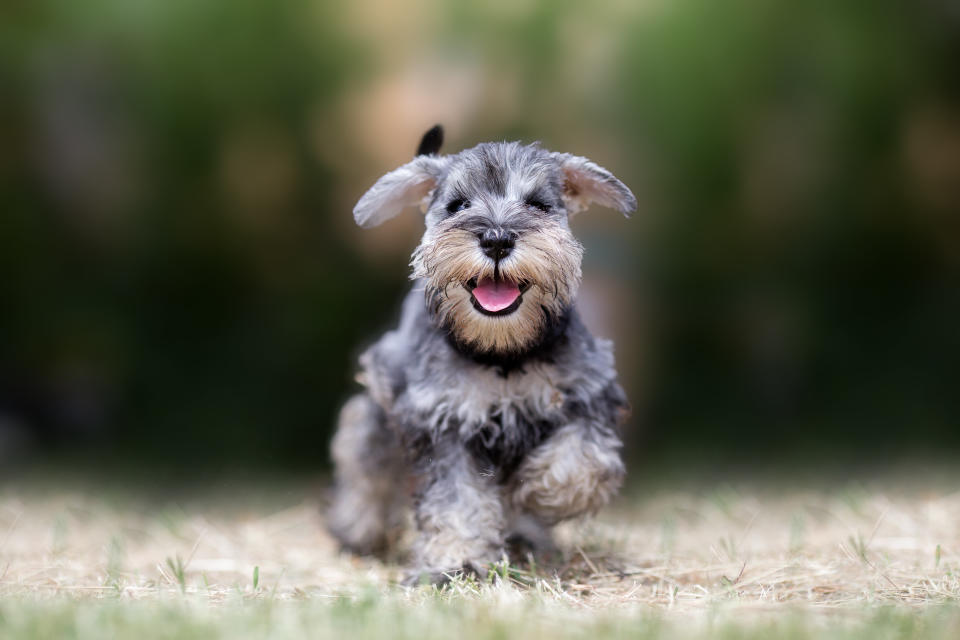
Cesar Millan
Cesar Millan, who became known as “the Dog Whisperer” through his books and television shows, said that the puppy stage is important in the development of a dog but that it passes quickly. By about eight months old, a dog is moving into adolescence, he said.
Millan does not advise rushing into training with a puppy but he also cautions against treating the puppy like a human baby by constantly carrying it around. The dog needs stimulation and needs to be able to expend its energy.
“This is the stage where puppies are the most open-minded, the most playful and the most loving,” Millan said. So this is the time to socialize them, giving them experiences that will help them be calm adults.
If you want your puppy to be around a lot of people or animals, this is the time to begin giving the dog positive experiences with those interactions. “The only thing they want is to play,” he said.
“What we need to focus on is who to follow, who to play with and where to explore,” Millan said.
In nature, he said, animals do not “train” their young. The adults let their offspring follow them, they let them play and they let them explore – all within boundaries. That is also what puppies need from their humans.
“Raising a puppy is the most beautiful thing to practice because it requires calm energy, confident energy, love energy and joyful energy,” Millan said. “And because you give that, you receive it in return.”
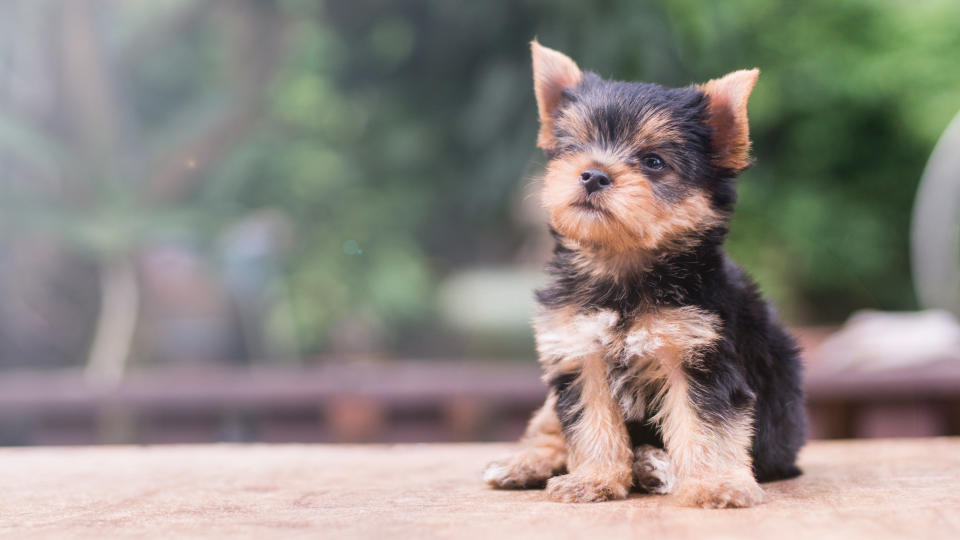
Also on HuffPost
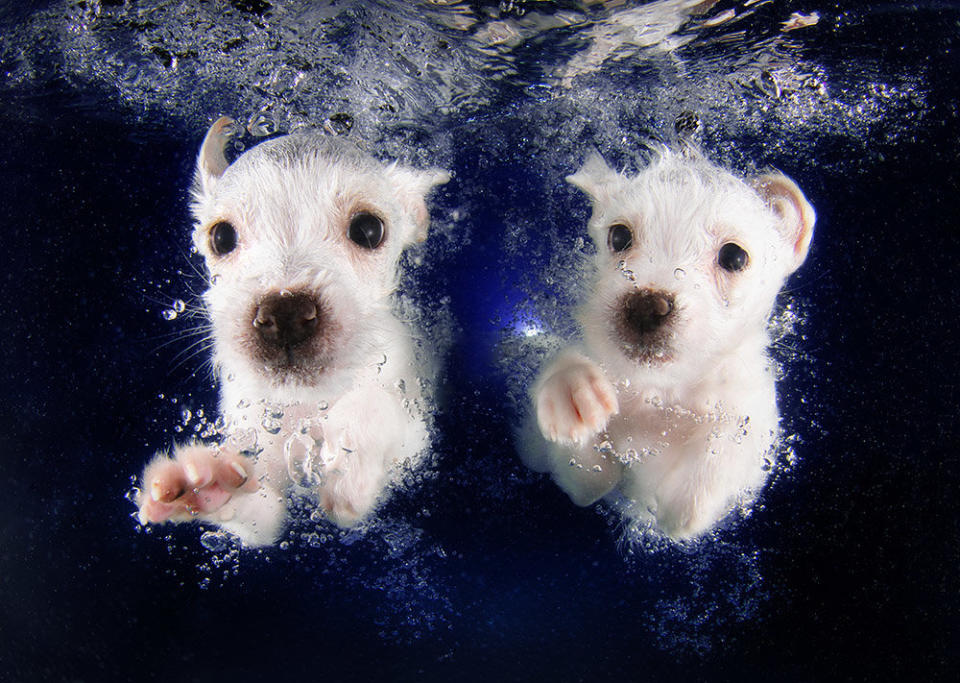
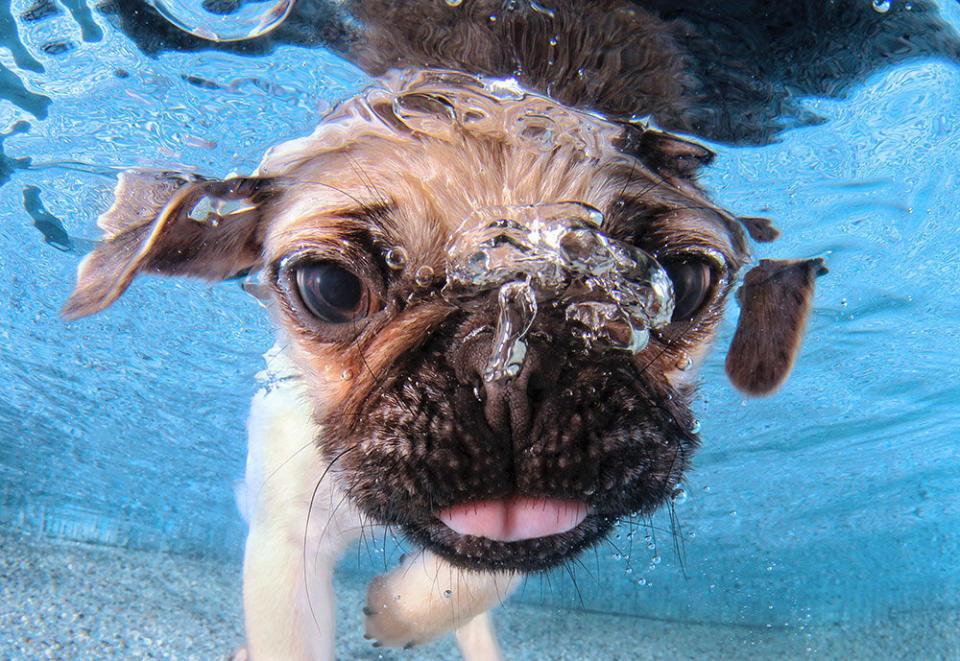
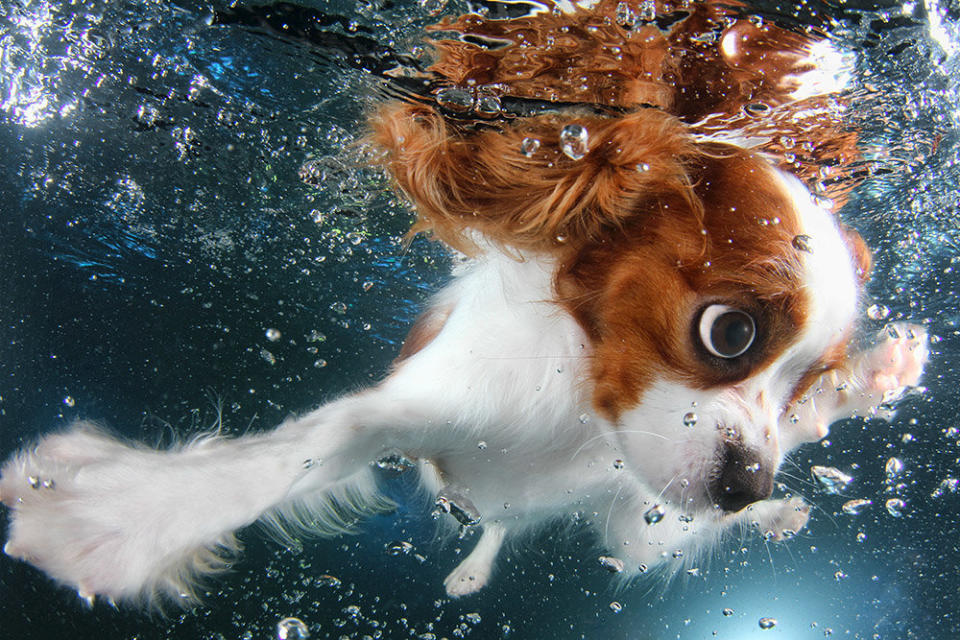
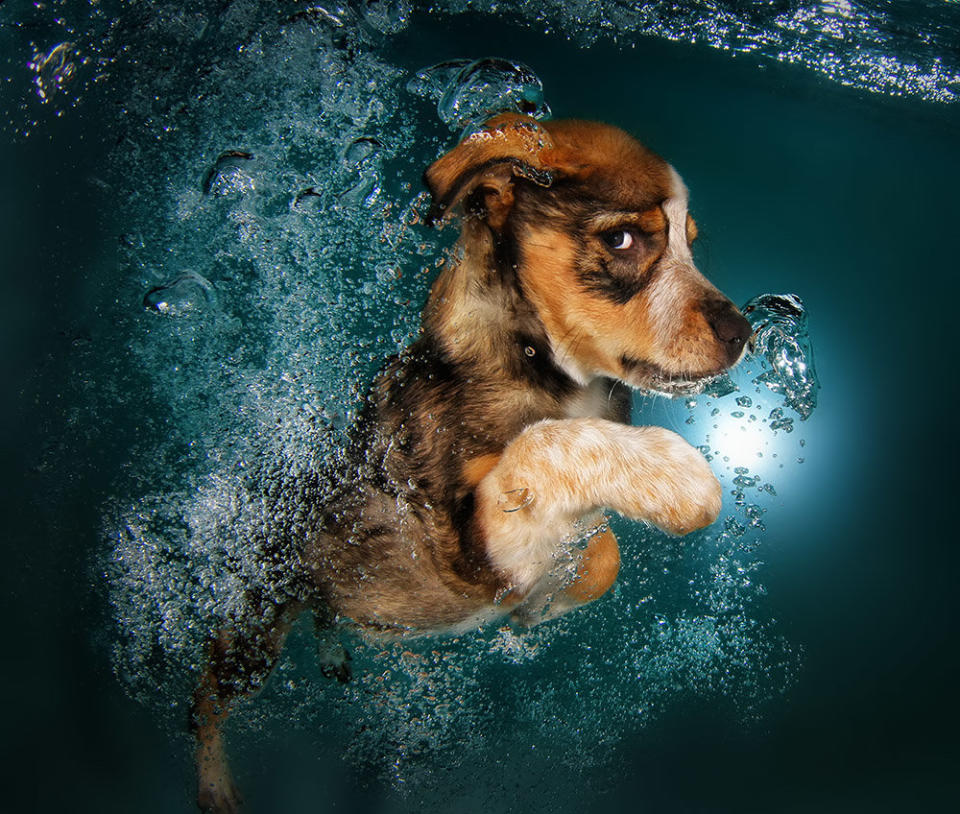
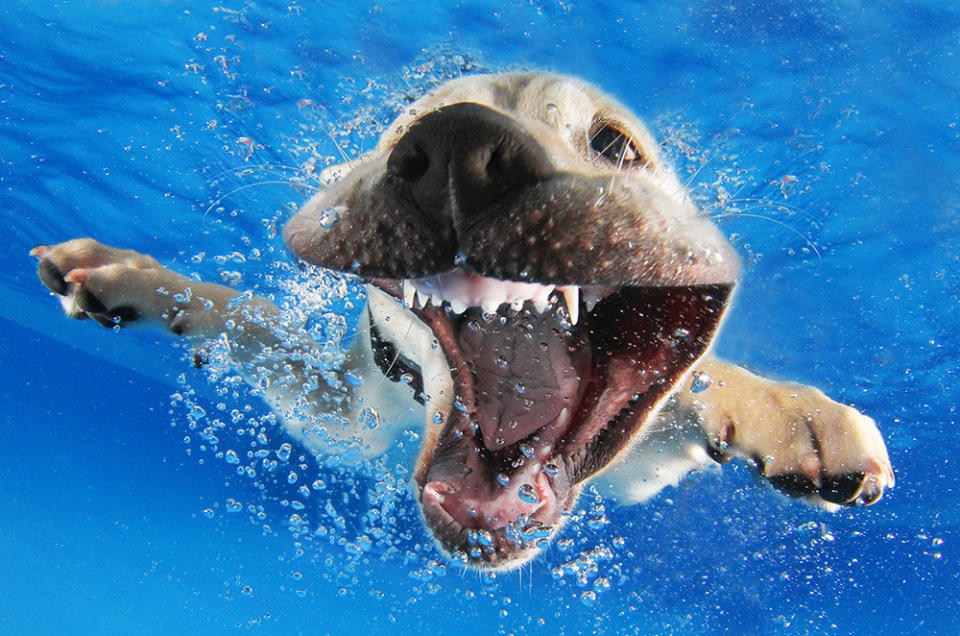
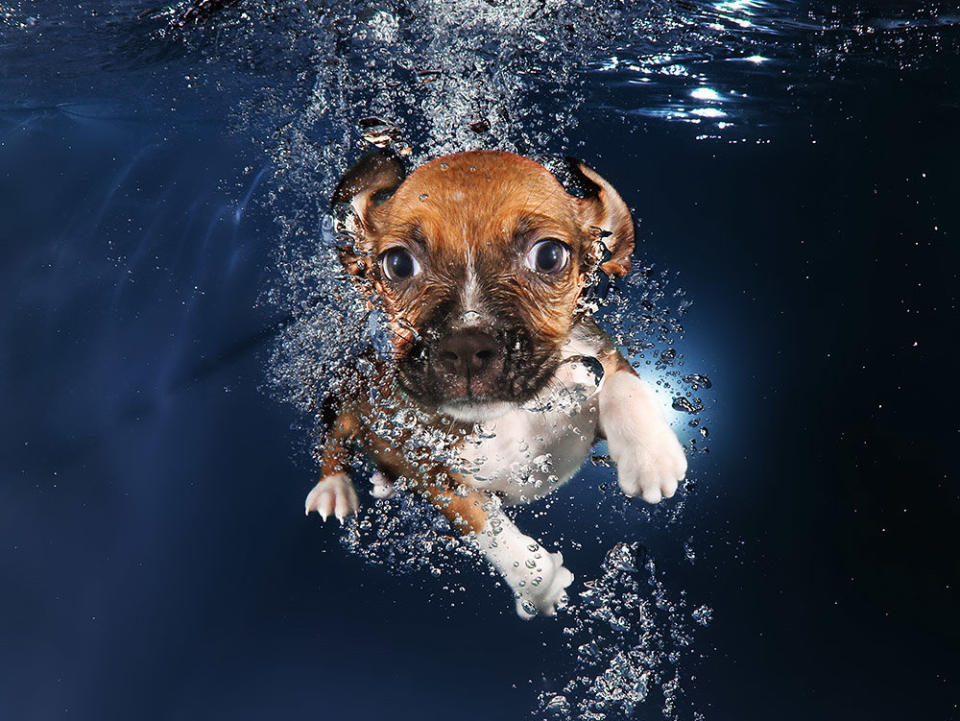
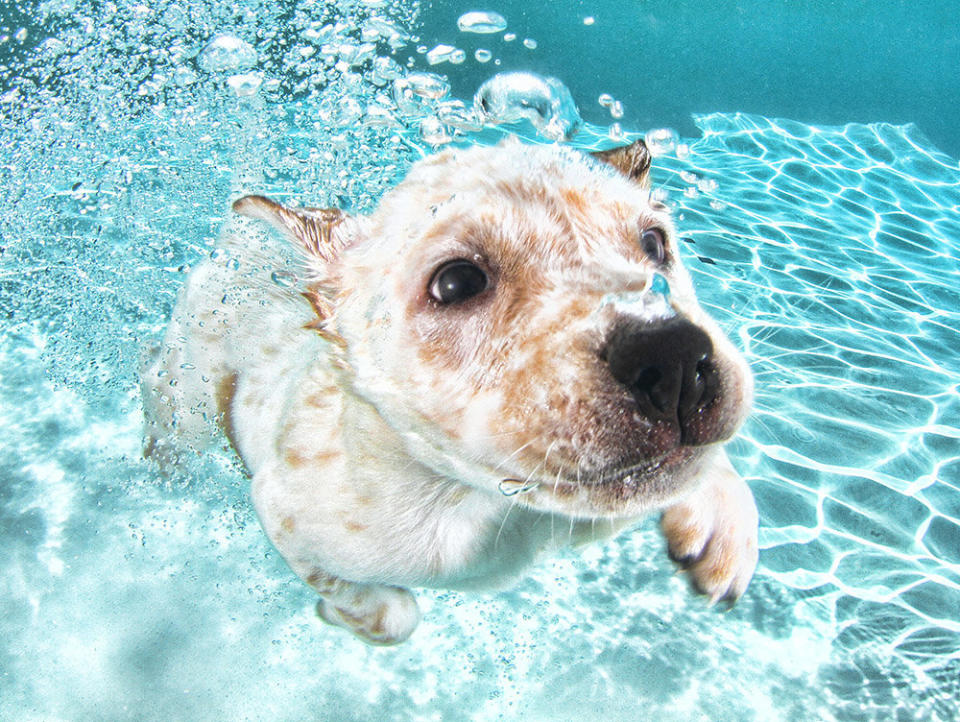
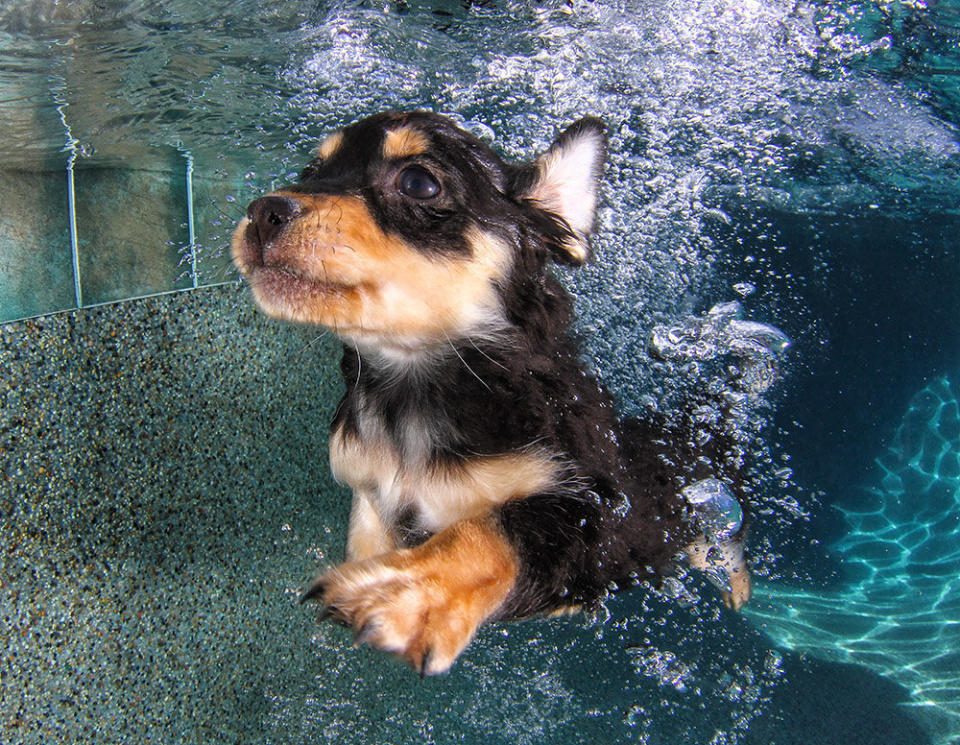
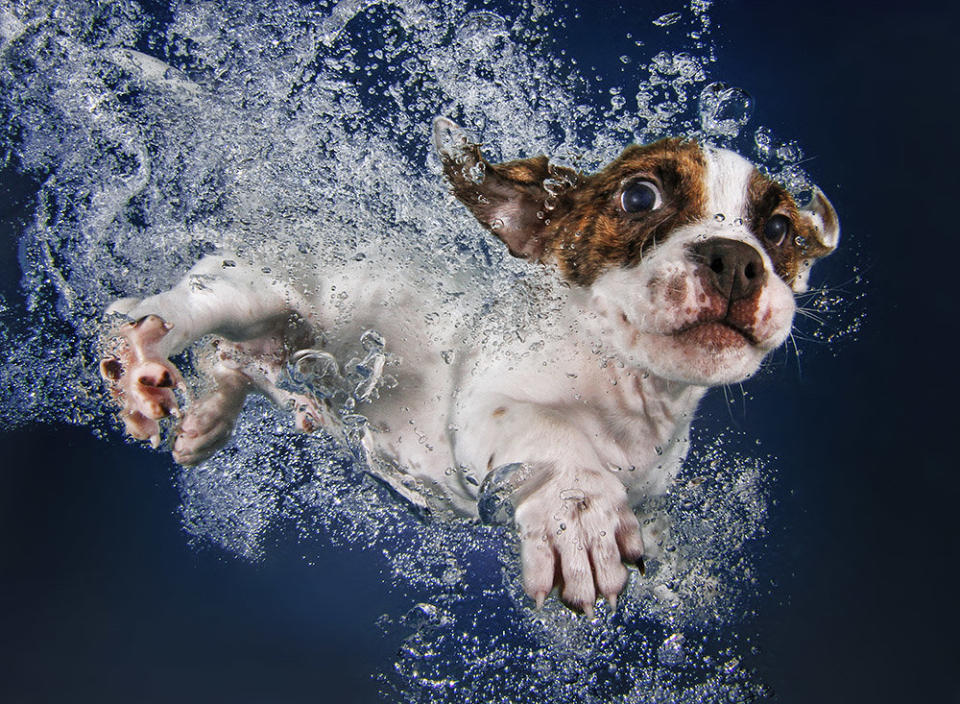
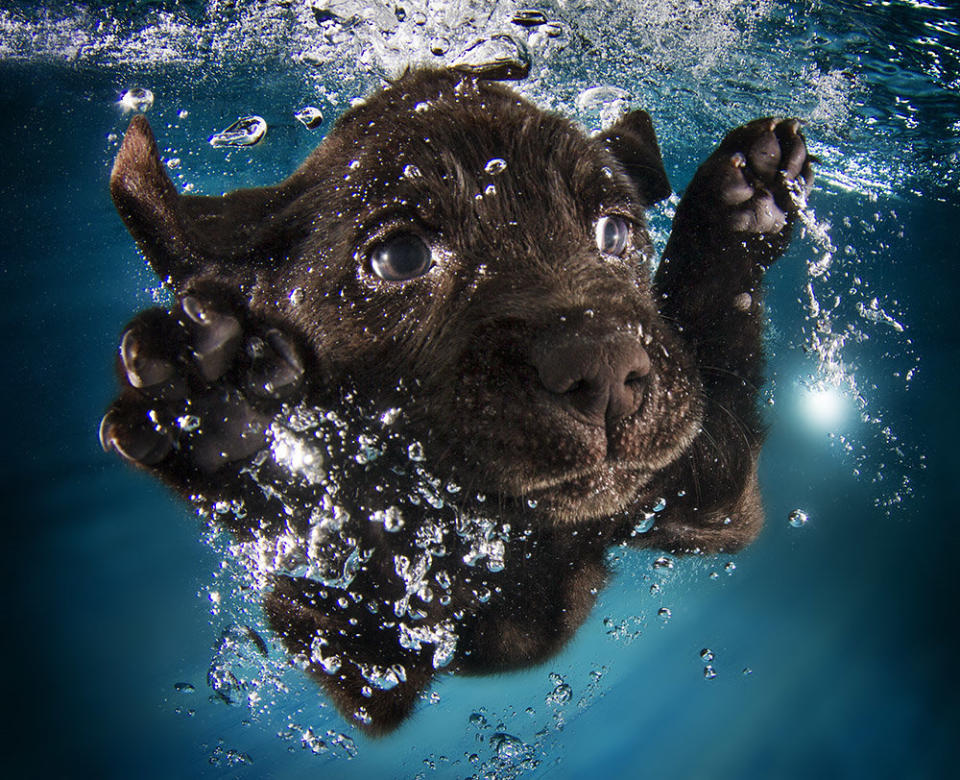
This article originally appeared on HuffPost.

